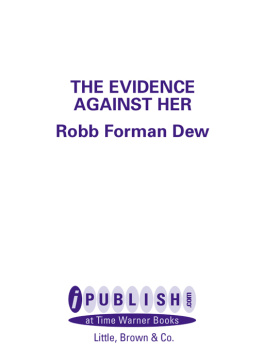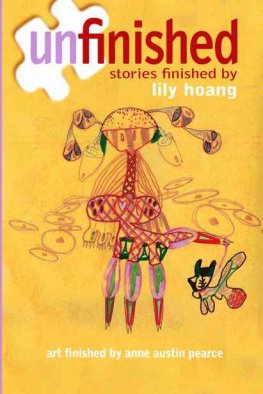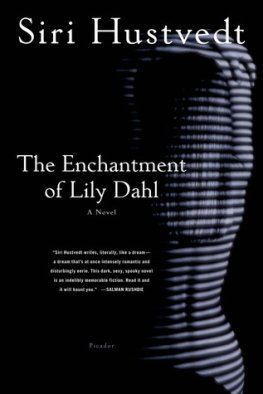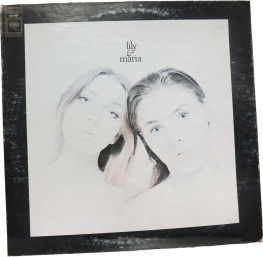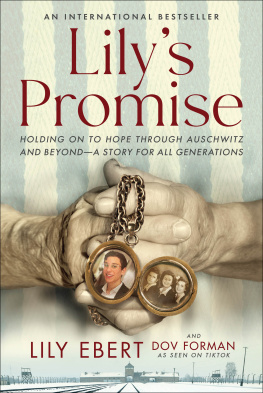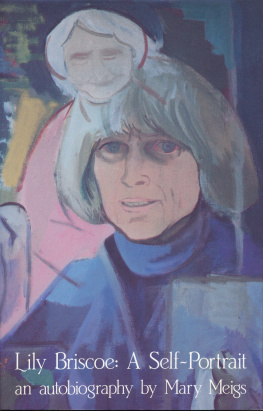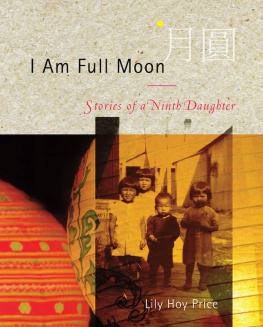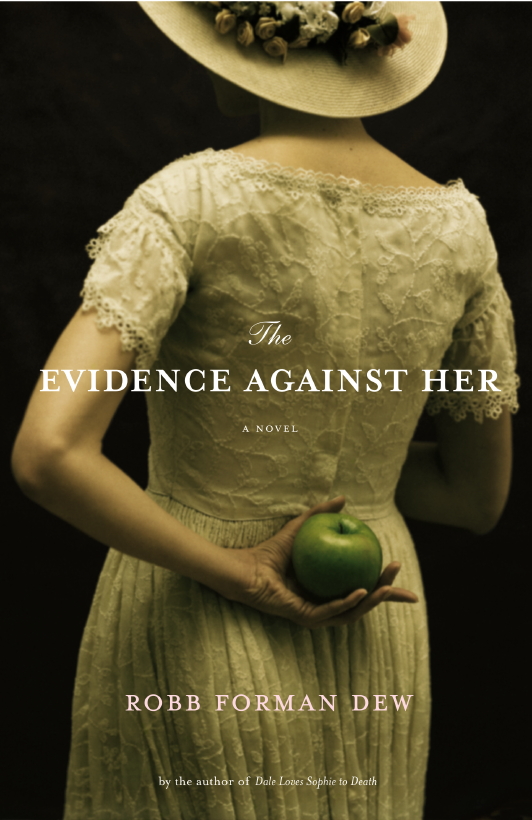Also by Robb Forman Dew
Dale Loves Sophie to Death
The Time of Her Life
Fortunate Lives
A Southern Thanksgiving
The Family Heart:
A MEMOIR OF
WHEN OUR SON CAME OUT
For Charles, always...
And in memory of
Bernice Martin Forman,
John Crowe Ransom,
and Robb Reavill Ransom
T HERE ARE any number of villages, small towns, and even cities of some size to which no one ever goes except on purpose. There are only travelers on business of one sort or another, personal or professional, who arrive without any inclination to dally, or to dawdle, or to daydream. And yet, almost always in these obscure precincts there is a fine grassy park, a statue, perhaps, and benches placed under tall old spreading trees and planted around with unexceptional seasonal flowers, petunias or geraniums or chrysanthemums in all likelihood, or possibly no more than a tidy patch of English ivy. A good many visitors have sat on such benches for a moment or two, under no burden to take account of their surroundings, under no obligation to enjoy themselves. A stranger to such a place may settle for longer than intended, losing track of the time altogetherslouching a bit against the wooden slats, stretching an arm along the back of the bench, and enjoying the sun on a nice day, comfortably oblivious to passersby and unself-consciously relaxedwithout assuming the covertly alert, defensive, nearly apologetic posture of a tourist.
By and large these towns are middling to small, and are never on either coast or even any famous body of water, such as a good-sized lake or major river. These are communities that lie geographically and culturally in unremarkable locales: no towering mountains, no breathtaking sweep of deep valleys, no overwhelming or catastrophic history particular only to that place. In fact, with only a few exceptions, these unrenowned districts are all villages, towns, or small cities exactly like Washburn, Ohio, about which people are incurious, requiring only the information that it is approximately forty-five miles east of Columbus.
As it happens, Monument Square in the town of Washburn is not four sided but hexagonal and was a gift to the city from the Washburn Ladies Monument Society, ceded to the town simultaneously at the unveiling and dedication of the Civil War monument on July 4, 1877. The monument itself is a life-size statue of a Union soldier at parade rest, gazing southward from his perch atop a thirty foot fluted granite column, the pediment of which is over twelve feet high. Altogether the monument stands nearly fifty feet, and on its west face is the inscription:
O UR C OUNTRY
B Y THAT DREAD NAME
WE WAVE THE SWORD ON HIGH ,
AND SWEAR FOR HER TO LIVE
FOR HER TO DIE .
Campbell
Within a year of the dedication ceremony the common idea among the citizens of Washburn was that the stonecutter imported all the way from Philadelphia, hurrying the work, eager to catch the train, and possibly with a few too many glasses of beer under his belthad chiseled into that smooth granite the mistake dread name as opposed to dear name.
In the spring of 1882, Leo Scofield, soon after he and his brothers had cleared the woods and begun construction of their houses on the north side of the square, had written to Mrs. Dowd, who commissioned the statue but who had moved back to Philadelphia soon after its unveiling, to inquire if he might have the mistaken inscription altered at his own expense. He had attempted to cast his offer along the lines of being an act of gratitude for her generous gift, but Leo was only thirty-one years old then, a young man still, without much good sense. He was enormously pleased by the largesse of his ideawhich had occurred to him one day out of the blueand delighted that he finally had the wherewithal to make such an offer. A slightly self-congratulatory air tinged the tactlessly exuberant wording of his letter, and he was brought up short by her reply:
... furthermore, I shall arrange to have the statue removed piece by piece if need be, as it is I who pays out the money each year for its upkeep, should the inscription in any way be altered. I never shall believe in all the days left to me that the preservation of the Union was worth the price of the good life of my dear husband, Colonel Marcus Dowd, who left his post as President of Harcourt Lees College to head Company A. He died at Petersburg. The statue was undertaken at my instigation only as an honor to him. I shall live with nothing more than despair and contempt for this Union and Mr. Lincoln all the rest of my life. As my children do not share my sentiments in every respect, however, I have made arrangements to fund the maintenance of the monument and the fenced area of its surround. I have engaged a Mr. Olwin Grant who lives out Coshocton Road as a caretaker, and any further questions you may address to him. I implore you, Mr. Scofield, not to raise this matter to me again.
Leo spent several long evenings sitting in the square, contemplating that handsome statue, which towered over the young trees installed by the Marshal County Ladies Garden Club. It was his first inkling of the fickleness of legend, the ease with which one is misled by myth. He wrote a letter of deep and sincere apology but did not hear again from Mrs. Marcus Dowd, nor had he expected to.
He was young and perhaps still a little brash, but he was not an insensitive man, and he applied this glimpse of the possible effect of grief to his own circumstances, admonishing himself to take all the good fortune of his business and his marriage much less for granted. The spirit of expansiveness that had characterized his outlook up until the receipt of that letter was checked somewhat over the year that followed, and as his business ventures grew increasingly complicated, as his house took shape day by day, as his infatuation with his new wife inevitably grew more complex and profound, he became a man of a fairly solemn nature.
The three houses built just north of Monument Square in the early 1880s for Leo, John, and George Scofield fronted on a semicircular drive and shallow common ground that in the summer became a crescent of feathery grass that bent in bright green ripples across the lawn in the slightest breeze. In time the grass at the inner curve of the drive gave way to a golden velvet moss under the elms as the trees matured and produced heavy shade all summer long.
The houses were comfortable though not grand. They were well built and nicely spaced, one from the other, and for a number of years those three south-facing houses marked the northernmost edge of the town of Washburn, Ohio. During the several years the houses were under construction, and long after, the residential property of those three brothers was known all over town simply as Scofields, whereas the twenty-odd buildings comprising the flourishing engine-manufacturing business of Scofields & Company, begun as no more than a foundry in 1830 by Leos grandfather, had for some time been referred to merely as the Company.
The second Sunday of September 1888, on either side of a muddy wagon track that led into the east yard of his new house, Leo Scofield, at age thirty-seven, planted eight pairs of cultivated catalpa saplings. Six days later, on Saturday the fifteenth, there occurred the unusual incident of the birthsall within a twelve-hour spanof his first and his brother Johns second childa daughter and son respectivelyand of the third child of Daniel Butler, a good friend and pastor of the Methodist church. John and Lillian Scofields first child, Harold, born in 1883, had died before he was a year old, so the Scofields compound had been childless for some time.

